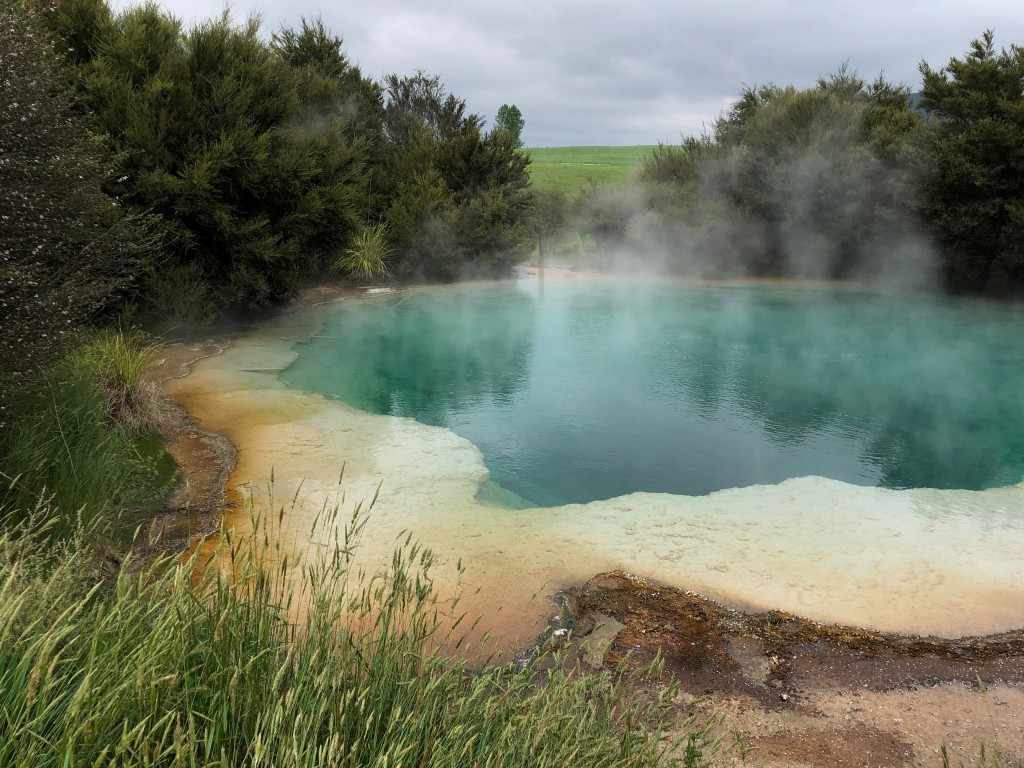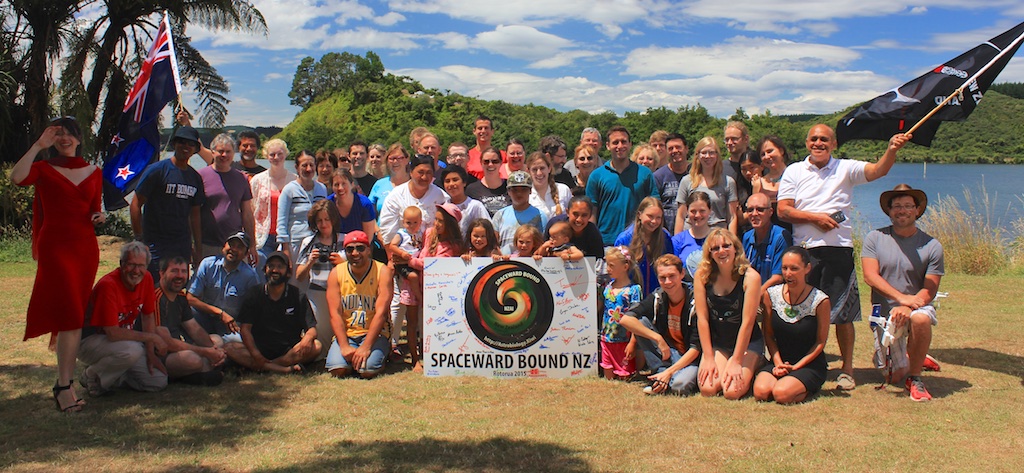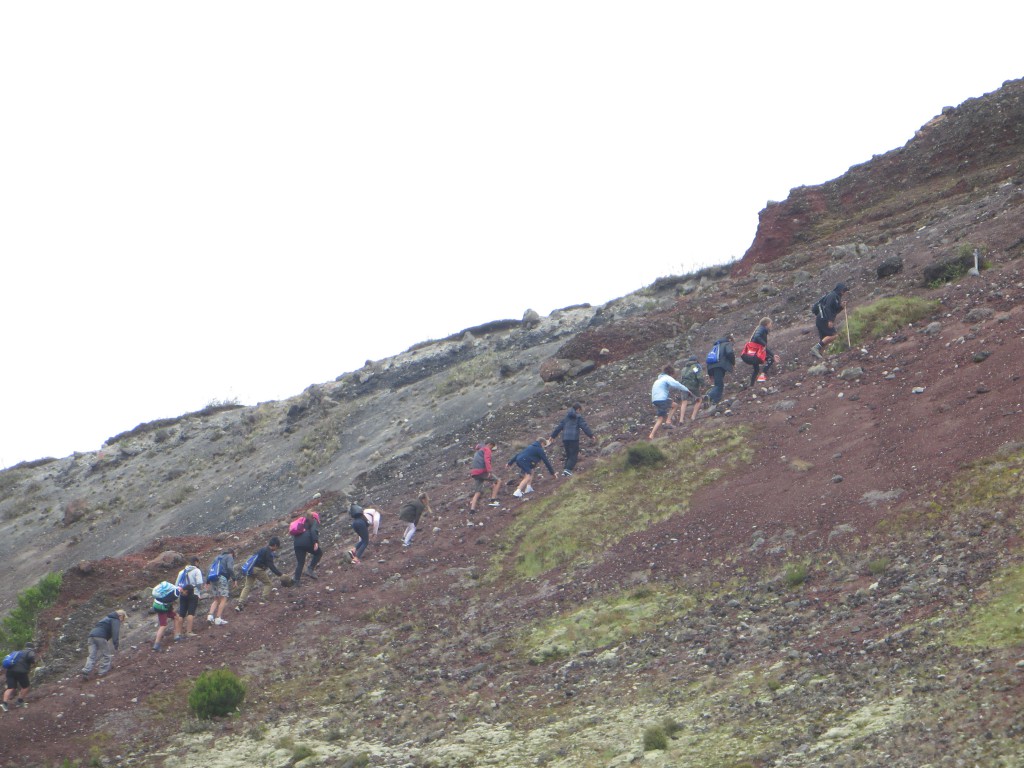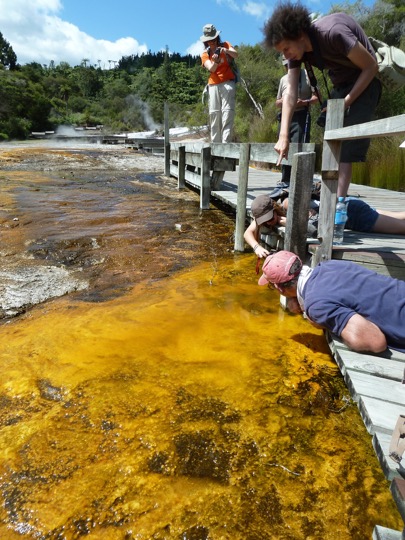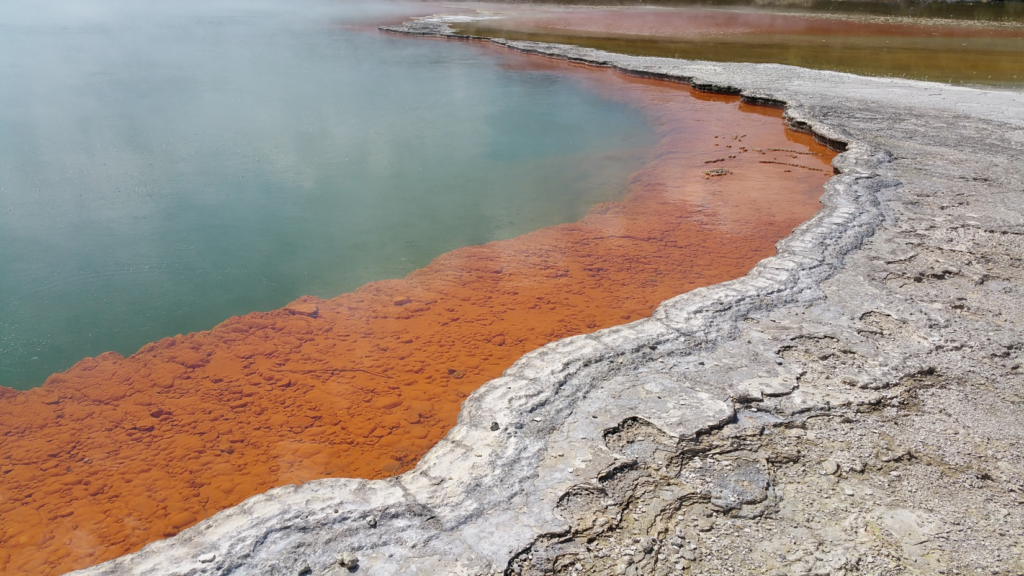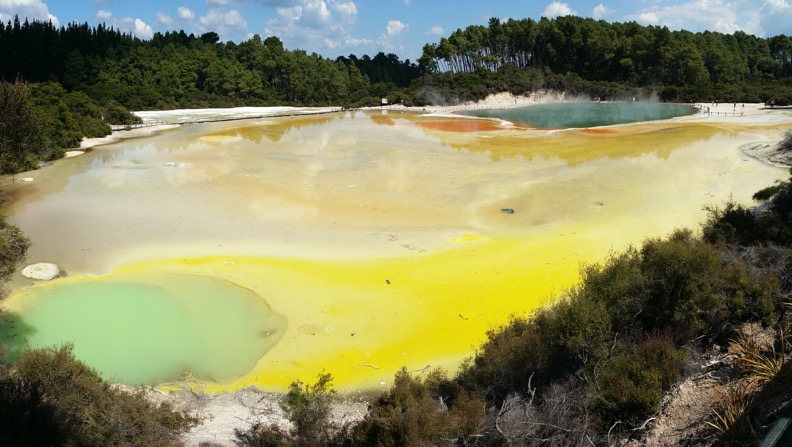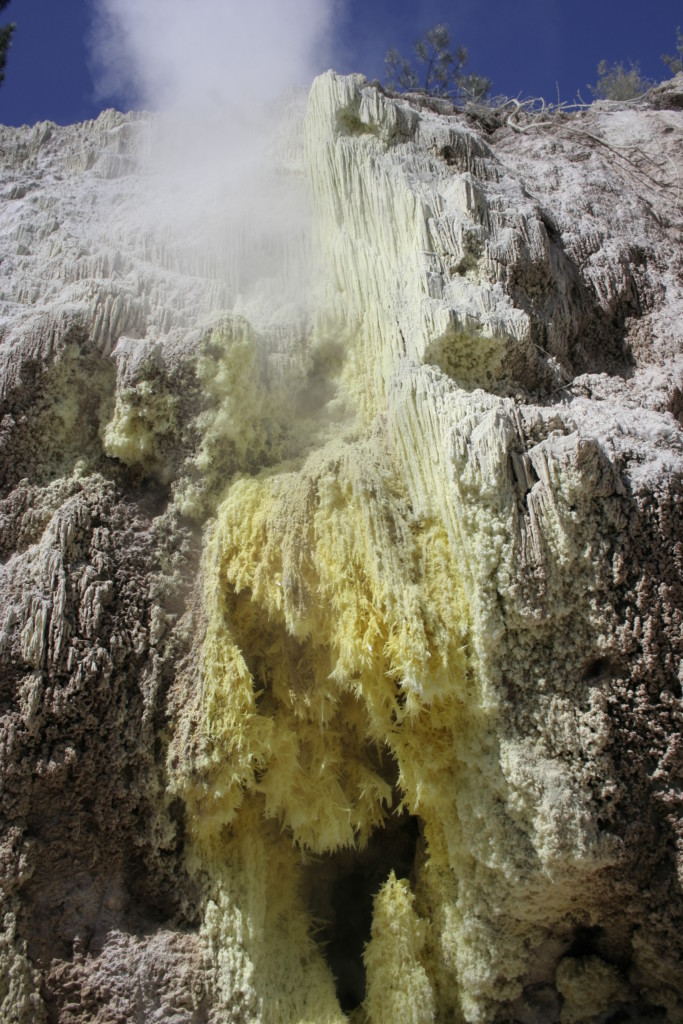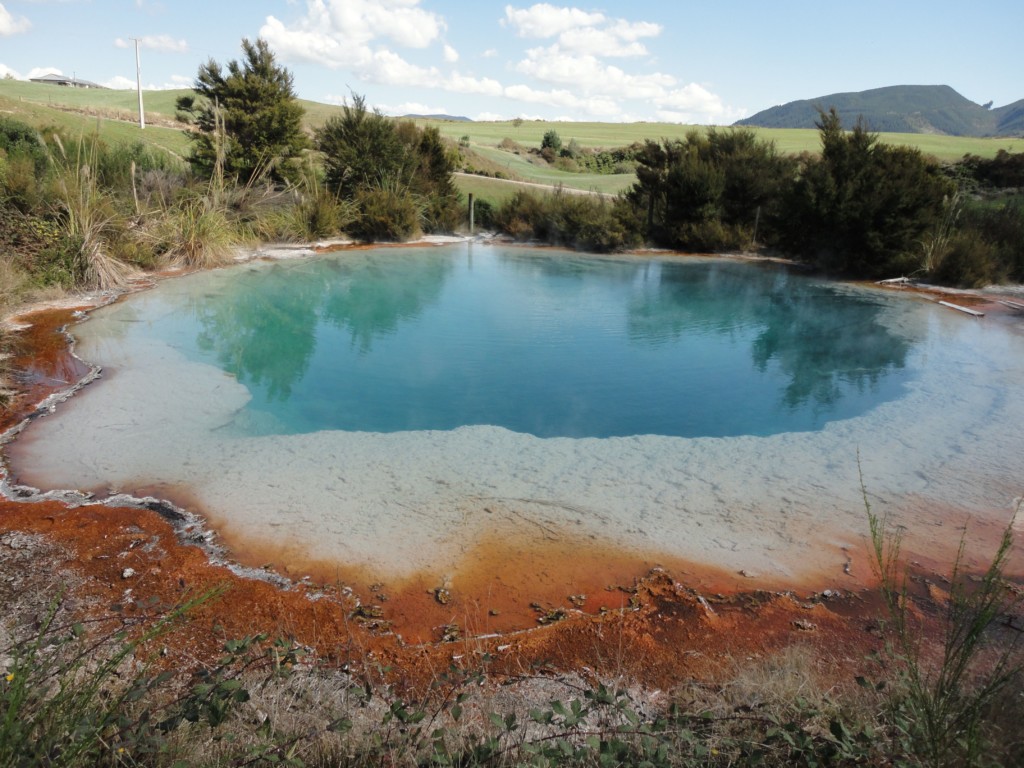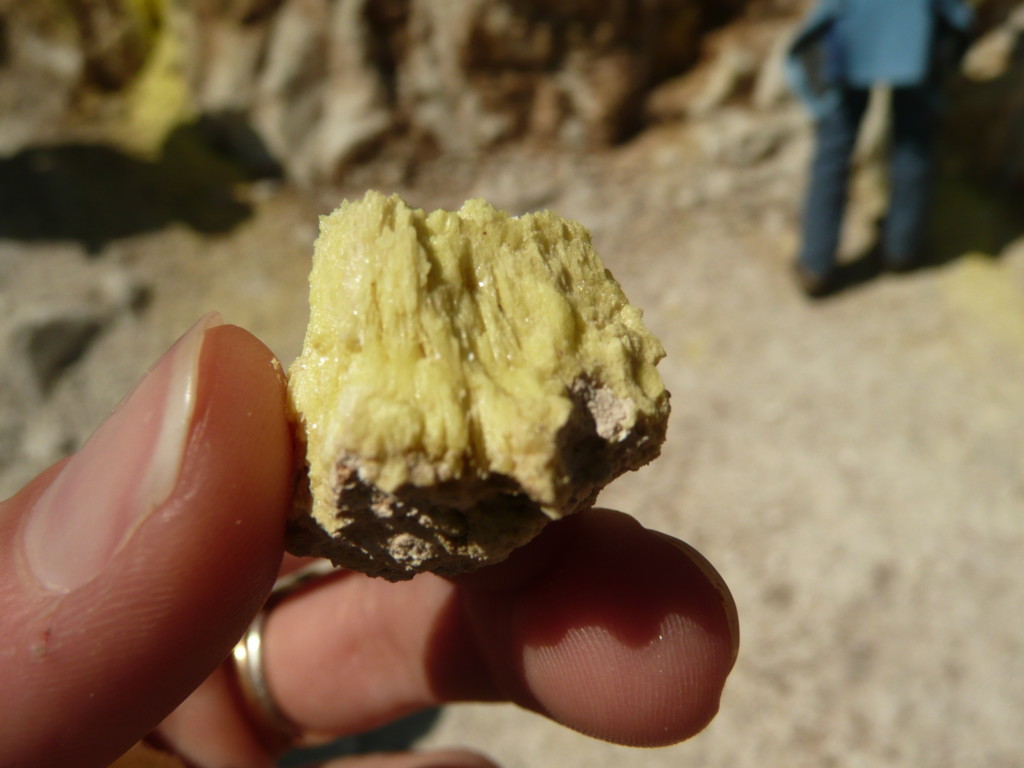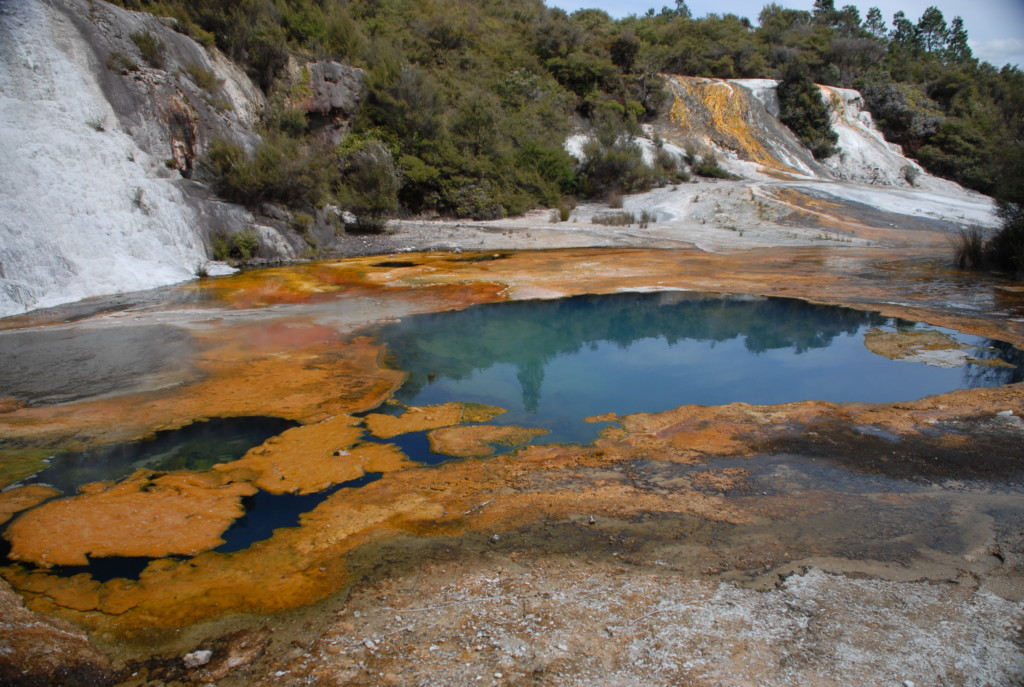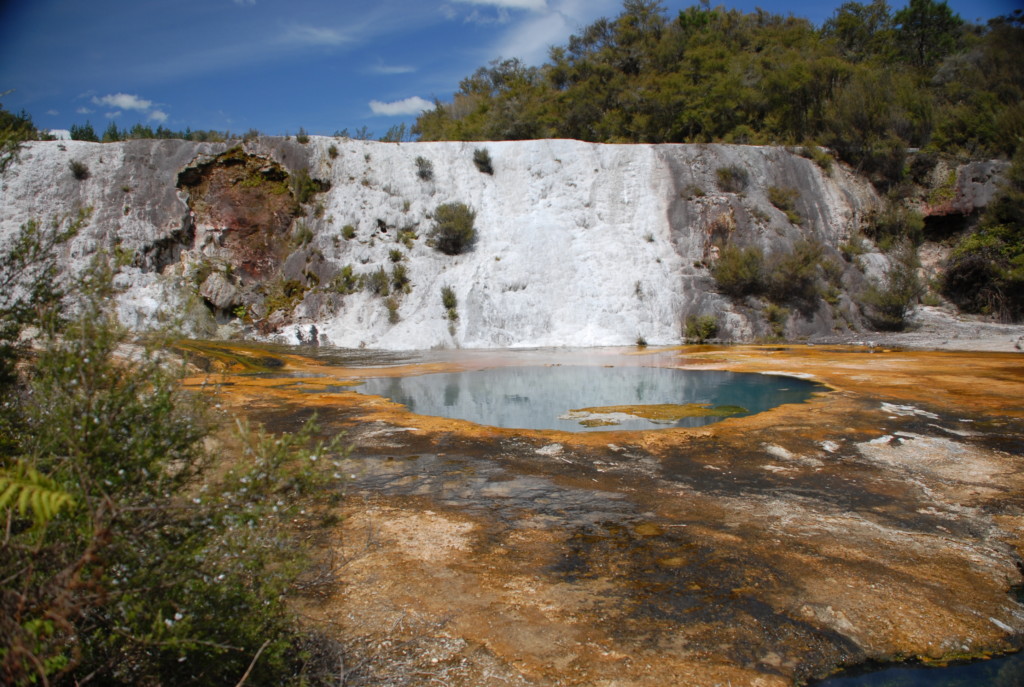New Zealand Astrobiology Network is a charitable trust established in 2016. The trust is dedicated to encouraging, assisting, and promoting astrobiology in New Zealand. We also help provide access to programmes in astrobiology education and outreach around the world.
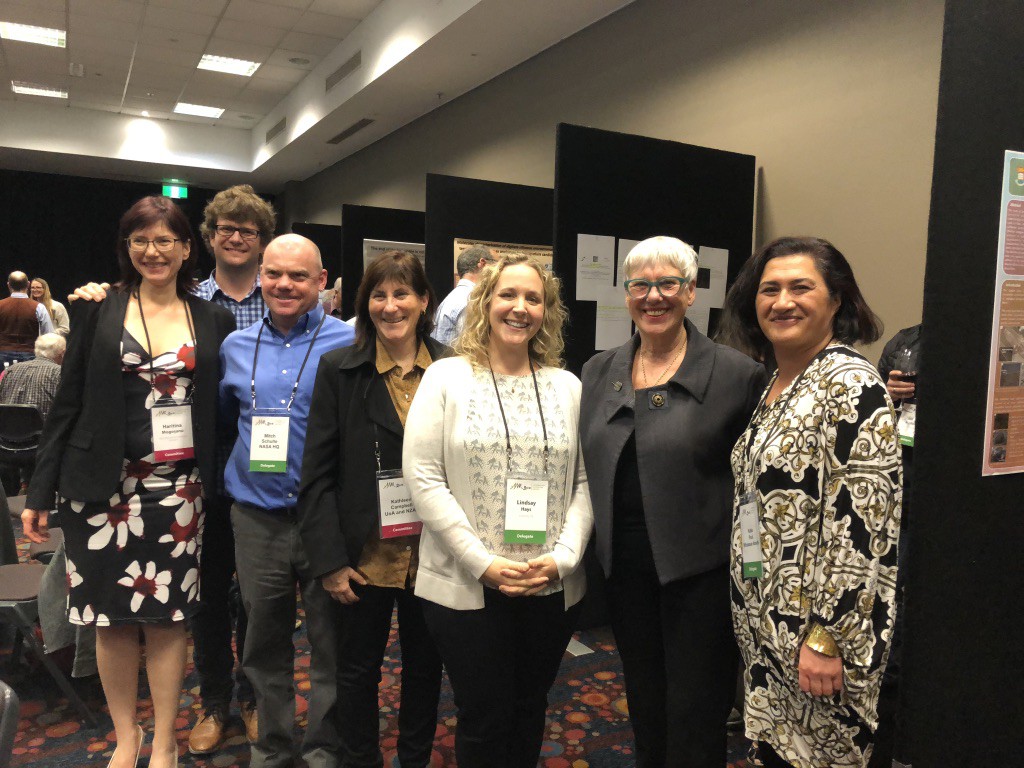
Our Team
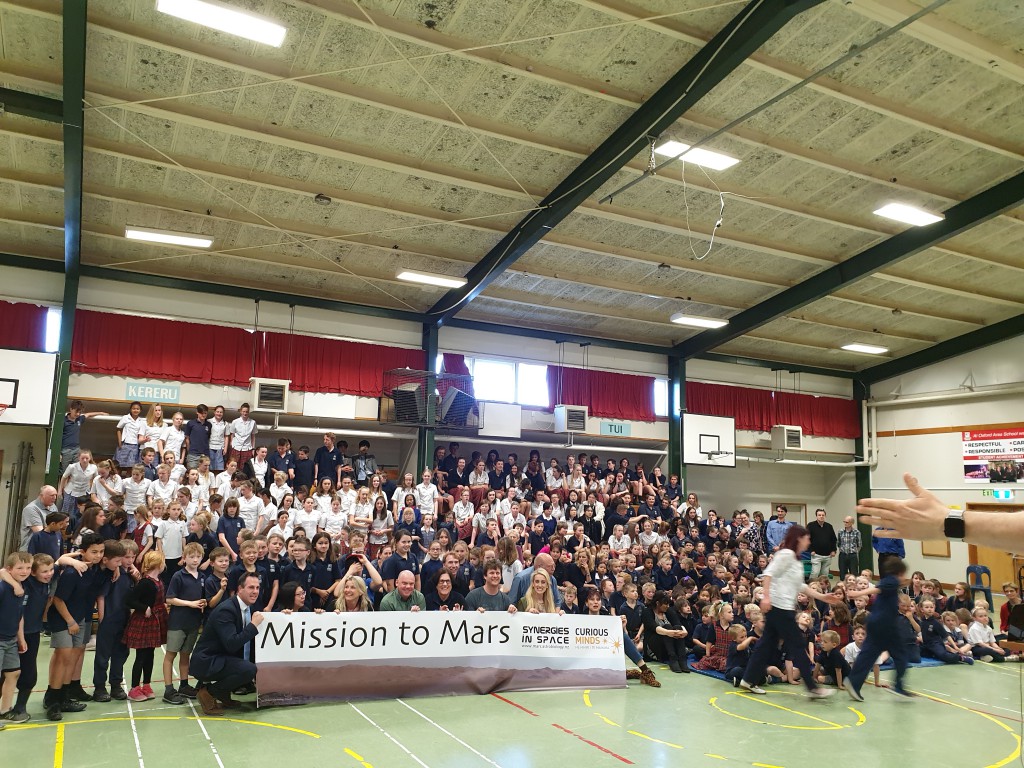
What we do
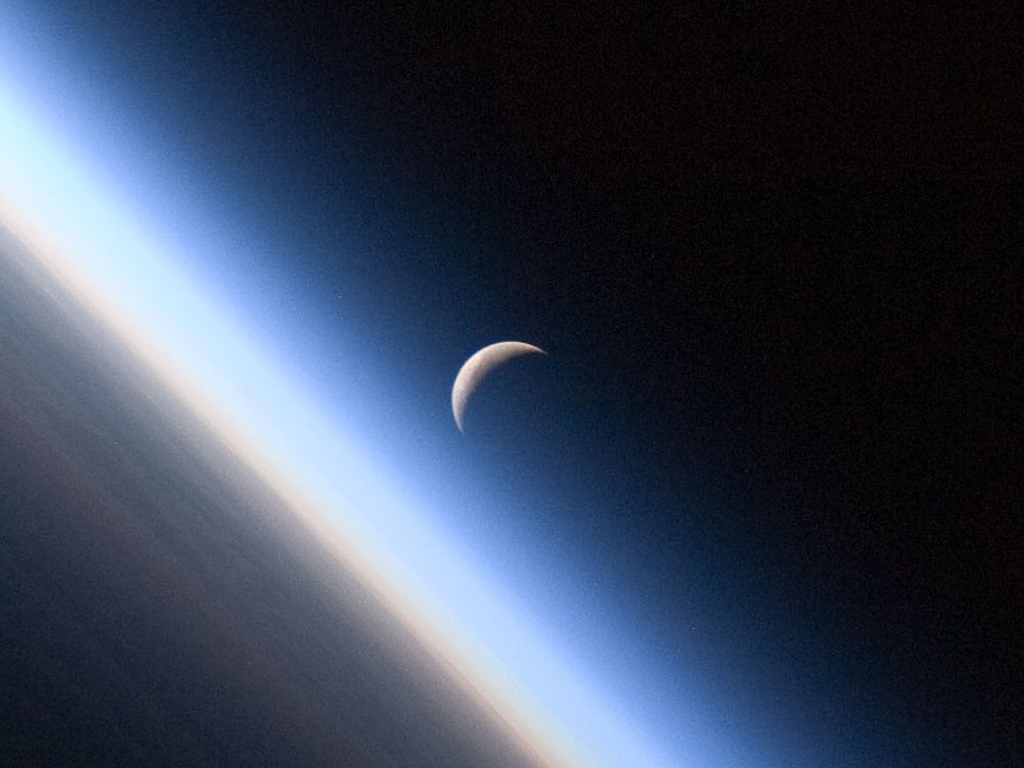
What is astrobiology?
New Zealand is considered to be an excellent field site for astrobiological research. For example, there are unique extremophiles in the hot springs in Rotorua, Lake Taupo area and we can easily access the KT Boundary or the Dry Valleys in Antarctica. We are continually expanding our network of scientists throughout New Zealand with excellent credentials in interdisciplinary research that contribute to astrobiology. Skills in microbiology, ecology, biosecurity, physics, astronomy, radio astronomy and geology, only to count a few, represent an accessible yet rich knowledge base with local expertise.
Latest update
I am delighted that today we do astrobiology in New Zealand.
We started really small, in 2014, with a list of a few New Zealanders who might have been interested in this subject. The Royal Astronomical Society of New Zealand then approved the New Zealand Astrobiology Initiative as a new group within RASNZ. It had the purpose to find other New Zealanders who were interested in astrobiology and create an astrobiology institute on the NASA’s Astrobiology Institute model.
Our first field trip gathered astrobiology supporters together and was a great success. Since then, we had lots of interest from students, teachers, researchers and international visitors.
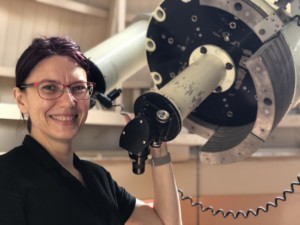
Our first field trip was in 2015 NASA Spaceward Bound, which had 50 attendees and extensive NASA and international participation and connected with teachers and students in New Zealand. Three of the students who attended this field trip have pursued careers in space.
In 2016, we recreated the expedition exclusively for school students, with the support of a Curious Minds grant through the University of Auckland.
In 2018, we organised New Zealand’s first astrobiology conference, together with our Australian colleagues and support from New Zealand universities, with about 80 scientists participating. Also in 2018, together with our NASA partners, we created a school programme Synergies in Space – Mission to Mars, which we delivered during a week in Oxford School in Canterbury region. This was made possible through a Curious Minds grant. The programme was a week-long educational immersive Mars exercise where NASA scientists and New Zealand astrobiology science communicators worked across the entire school with the students. The programme has also had NASA sponsorship as Mitch Schulte, Chief Scientist from Perseverance was supported to attend.
With support from the US Embassy, a year later, we organised for a group of these students to meet astronaut Anna Fischer in Christchurch.
In 2019, NZAN visited the United Nations in Vienna, on an invitation from the World Space Week and became the country coordinators of the World Space Week in New Zealand. Later in 2019, we also became official partners for Kibo ABC, an outreach, education and science programme of the Japanese Space Agency.
In November 2020, we opened New Zealand’s first permanent Mars exhibition, with support from the US Embassy – principal sponsor. The exhibition was opened by Kevin Covert and featured an opening talk by Mitch Schulte via skype, in his official NASA capacity.
NZAN also supported the creation of the first New Zealand Astrobiology course at University of Auckland. We had our first astrobiology intern student in 2020, now a research scientist with NZAN.
We are currently undertaking the Seeds in Space programme, with participation from 109 schools across New Zealand , investigating basil seeds growth in space, in a Kibo ABC programme.
In the near future we are aiming to create an online astrobiology teaching resource for teachers and support the creation of more astrobiology resources.
It is an incredible journey and we hope you will be part of it. We hope you will support our astrobiology network in New Zealand and we look forward to hearing from you.
Haritina Mogosanu
Executive Director of New Zealand Astrobiology Network

